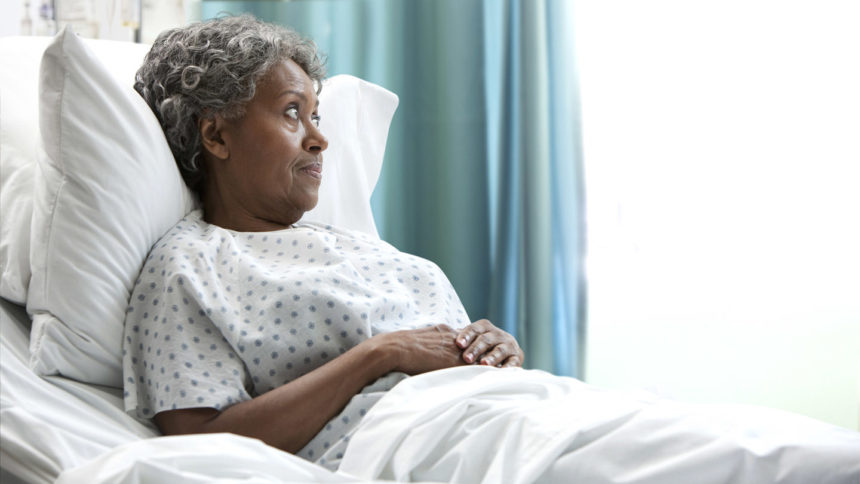
Pandemic stress may play a key role in slowing recovery from illness, and not only after COVID-19, a new study finds.
Investigators compared health data from people known to have been infected with COVID-19 individuals with similar symptoms who tested negative for COVID-19. Participants tested for COVID-19 within 42 days before enrolling in the study and had either positive or negative test results. Study participants also had no prior COVID-19 diagnoses.
Three months after enrolling, participants were surveyed about physical function, anxiety, depression, fatigue, social participation, sleep disturbance, pain interference and cognitive function.
“Although some individuals had clinically meaningful improvements over time, many reported moderate to severe impairments in well-being three months later,” the researchers reported.
Impact on illness
Fully 40% of participants with confirmed COVID-19 and 54% with non-COVID-19 illnesses reported moderate-to-severe residual symptoms in the survey. Symptoms were notably similar whether the participant had COVID-19 or not.
These difficulties with bouncing back suggest that the experience of the pandemic itself, including related stress, may be contributing to slow recoveries, said study lead Lauren Wisk, PhD, of the University of California, Los Angeles.
“The findings highlight the potential widespread impact of the pandemic on our overall health, including the lesser-tracked emotional, social and mental aspects, alongside the highly recognized physical effects,” said Joann Elmore, MD, also of UCLA.
Many illnesses can cause lingering effects that take many months to resolve. But the findings also underscore the importance of distinguishing between COVID-positive and COVID-negative people when assessing the impact of SARS-CoV-2 on the overall population, she concluded.
The study was published in JAMA Network Open.
Related articles:
Older adults’ mental health is resilient during pandemic, new study finds
Stress first aid’ for healthcare workers can help to prevent PTSD: expert




